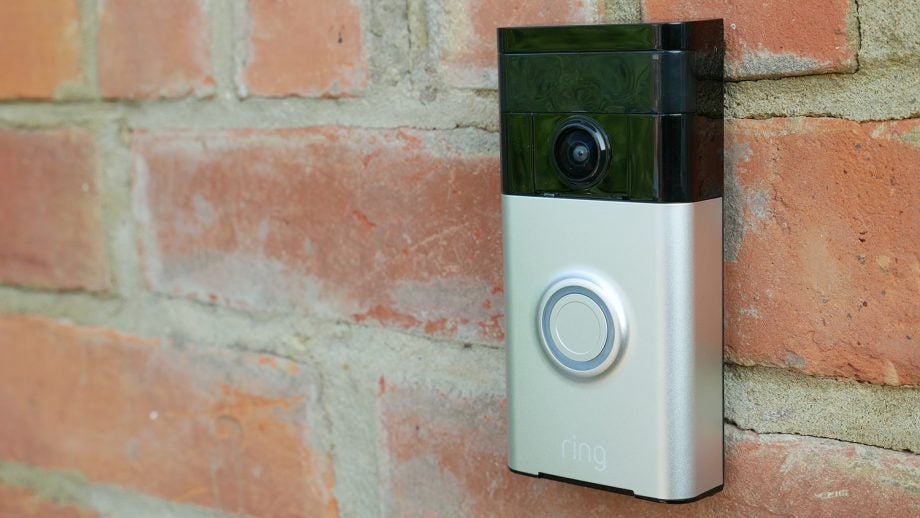Ring refutes excess data collection reports – but its response won’t please everyone

Ring has launched an impassioned defence of its ‘Neighbors’ app after Gizmodo released an investigation into potential security risks with its home security tech last week.
Fears arose when Gizmodo investigators’ claimed Ring’s associated app, which is intended to network camera users into a sort of tech-facilitated neighbourhood watch, gave away more data than was intended.
Gizmodo wrote: “Examining the network traffic of the Neighbors app produced unexpected data, including hidden geographic coordinates that are connected to each post—latitude and longitude with up to six decimal points of precision, accurate enough to pinpoint roughly a square inch of ground.”
Related: Best Tech Stocking Fillers 2019
Now, Ring has mounted a detailed defence of its tech and the app.
A Ring spokesperson told Trusted Reviews: “The Neighbors app is built on users receiving alerts about important safety incidents near them to stay informed about what’s happening in their communities. We’re committed to delivering this important service to the community while putting our users’ privacy and security first.
“Posts to the Neighbors app do not reveal the exact addresses of users or Ring devices owners. When choosing to post to the app, users include the incident location, which is not always the same location as their address. These public posts are then displayed as happening at a nearby intersection close to the vicinity of the incident to protect user privacy.”
The company added:
“Ring is always open to dialogue about ways we can iterate and improve upon our products, but it is also important to ensure that the Neighbors app and the way its features work are properly represented. We will continue to educate the greater public on how the Neighbors app actually works and the positive impact its users are having on communities around the country.”
Ring didn’t deny that sharing footage can be used to locate people’s homes but, in some ways that seems an inevitable part of signing up to the optional extra of the Neighbors app. The more user feedback we get on the app the better we’ll be able to say whether this is a trade off worth making. Certainly, there are already plenty of happy Neighbors-users.
The other central issue that investigators picked out, was the precision of some of the data made available. It’s tucked away, but there was more data there than a user may, perhaps, presume.
Ring’s defence against this was essentially to reiterate that it uses AES encryption and TLS. They noted too that the app’s function, to alert people to nearby crime, simply wouldn’t work without some level of location data. This is true of course, the question is, what is the right amount of location data to be giving away?
That question remains an open one and we’d love to hear from Ring users regarding their thoughts on both sides of this argument.


